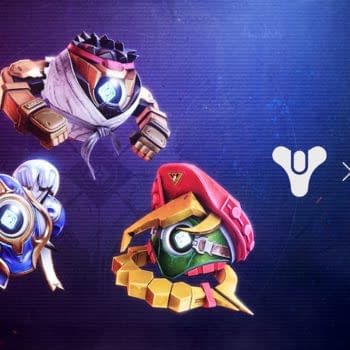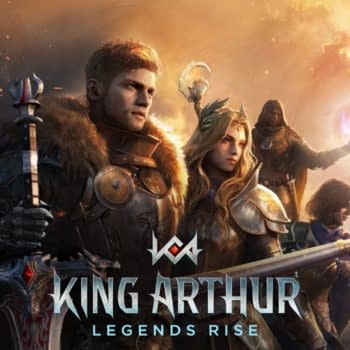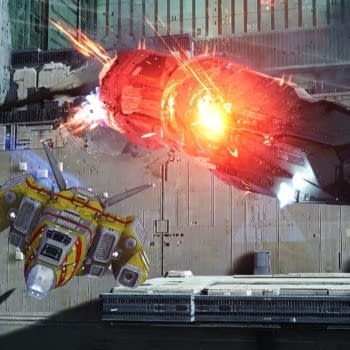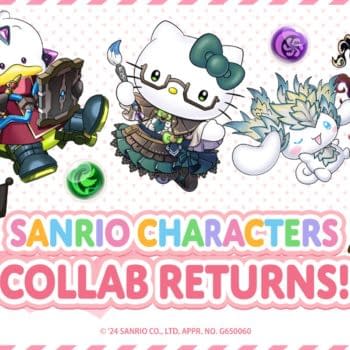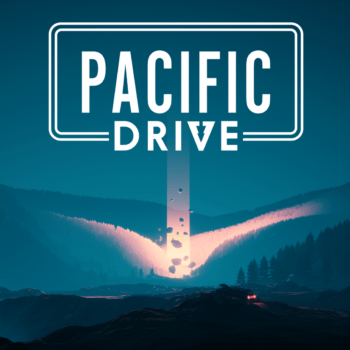Posted in: Games, Video Games | Tagged: loot boxes, Middle-earth Shadow of War, Star Wars Battlefront II
Let's Talk About Loot Boxes and Player Created Black Markets

One of the few things that hasn't made much of an effect on the current loot box kerfuffle is the existence of player created black markets for the kinds of in-game goods that would normally be dropped by loot boxes or similar grab-bag systems. I've used the logo for the now defunct Marvel War of Heroes for this, because that is the game that really got me deep into the player community and second hand markets. So when I think of player created black markets for "luxury" in game items, I think of TCGs. And card packs work the same as loot boxes, as gachas. The difference is player to player trading.
See, we didn't care about randomized loot systems when we had a way to subvert the system. The players who threw around the big bucks would always have all the newest, coolest cards, but every card was assigned a value in a tradeable item that could be farmed or bought. And so free players would save up their "currency" and buy the cards they wanted, allowing them to keep up at a comfortable, albeit slower, pace for PvP.
We got so angry at Shadow of War and Battlefront II because they offered the same randomized drop system with no way for "free" players to even attempt to keep up. Because without player to player trading, there is no way to even that gap. And Shadow of War isn't even remotely like an MMO. You don't meet other players outside of PvP matches. So trading wouldn't make sense. The same thing is true, to a lesser degree, of Battlefront II.
We didn't hate card packs and gachas and loot boxes until we were offered no alternative. Until we couldn't be competative and free. Until we couldn't fight back. It isn't about unfair "pay to win" structures or gambling. It's about us loosing our ability to cheat the system. Nothing is more "pay to win" than a mobile TCG after all. And we were fine with them, as long as it was on our terms, where we could do what we wanted.
Which, in some ways, was a lot like trying to have our cake and eat it too. We wanted too much, amd drained those systems dry.
After all, why else are mobile TCGs falling apart at the seams? They aren't profitable for the publishers and devs. Because those secondary player markets took all the good loot and made it available for free.




![[REVIEW] "Gang Beasts" is Zany Party Madness](https://mlpnk72yciwc.i.optimole.com/cqhiHLc.IIZS~2ef73/w:350/h:350/q:75/rt:fill/g:ce/https://bleedingcool.com/wp-content/uploads/2019/09/gang-beasts-7-350x350.jpg)
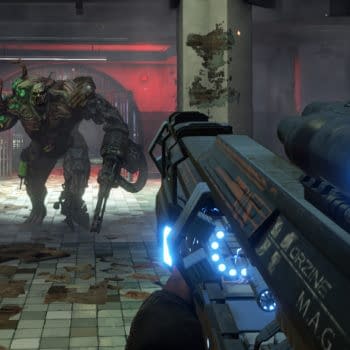
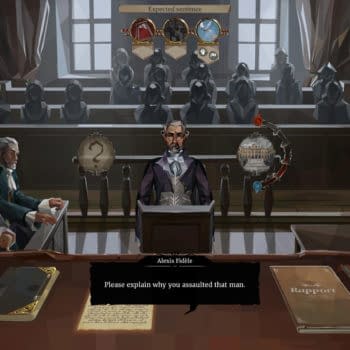
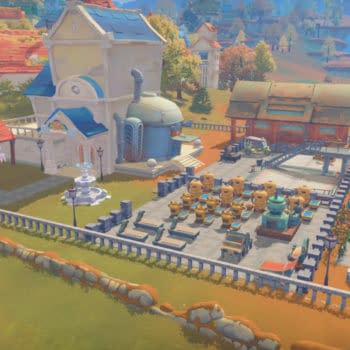
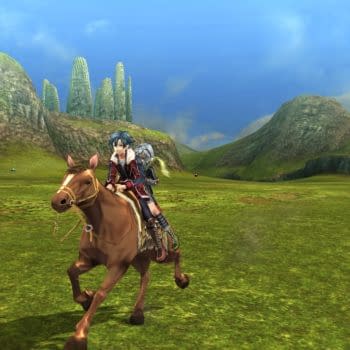
![[REVIEW] "Divinity: Original Sin II" Definitive Edition is Almost Perfect](https://mlpnk72yciwc.i.optimole.com/cqhiHLc.IIZS~2ef73/w:350/h:350/q:75/rt:fill/g:ce/https://bleedingcool.com/wp-content/uploads/2018/08/Divinity-Original-Sin-2-Definitive-Edition-art-350x350.jpg)
